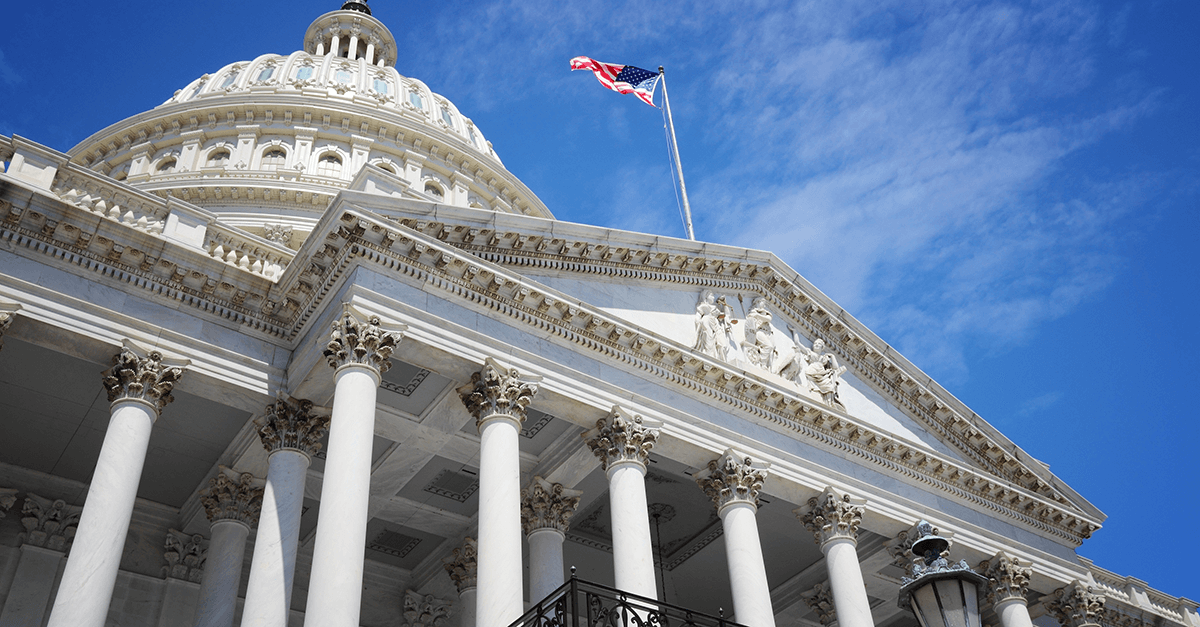
Two former administrators of the Environmental Protection Agency (EPA) have come out in strong support of a bill that would ban asbestos. Dismayed that the Trump EPA has kept asbestos legal, Gina McCarthy and William K. Reilly called on Congress to take power into its hands and pass the Alan Reinstein Ban Asbestos Now Act of 2019.
“Every year,” they wrote, “asbestos takes the lives of nearly 40,000 Americans and thousands more face a lifetime of pain and suffering from disabling lung diseases like asbestosis and mesothelioma, yet its use remains largely unregulated in the United States.”
Reilly was appointed EPA administrator in 1989 by President George H.W. Bush, and McCarthy was appointed in 2013 by President Barack Obama. During their tenures, both worked to garner bipartisan support for policies that would end the importation and use of asbestos on American soil.
Each were successful in creating new regulatory frameworks that allowed the EPA to put a stop to asbestos. Yet time and time again, legal and procedural setbacks undercut the agency’s ability to enforce the new rules.
In the latest fight to ban asbestos, the former administrators point the finger directly at the EPA.
“It is painfully clear,” they wrote, “that despite . . . the authority and responsibility to address exposures to harmful chemicals, the current EPA is simply not going to do its job and ban asbestos.”
Why Isn’t Asbestos Banned Already?
Reilly took over the EPA in 1989, the year that the agency passed a rule that would have phased out asbestos. Two years later, however, the ban was overturned by a successful industry lawsuit. Since that ruling, more than 1 million Americans have died from asbestos-related diseases.
Asbestos, they wrote, became the “poster child” for regulatory failure. The toxic mineral continued to take American lives even though the risks were well understood.
In 2016, Congress passed the Lautenberg Chemical Safety Act, which updated decades-old chemical safety laws. McCarthy was EPA administrator at the time, and when Lautenberg passed, asbestos was at the top of the list for chemicals slated to be reviewed under the new rules. Finally, the EPA had the power to ban asbestos.
The EPA under Trump has gone backward with respect to asbestos. In its risk evaluations, the agency has overlooked the millions of tons of asbestos that linger in homes, schools and workplaces around the country.
Reilly and McCarthy described the policies issued by the EPA as “toothless” requirements, an “open invitation to bring dangerous asbestos products back into our country’s commerce.”
Today, asbestos is still being imported into the United States—metric ton after metric ton. In addition, there is little public information about the millions of tons of legacy asbestos inside homes, schools and workplaces. People are still getting sick and dying preventable deaths.
Reilly and McCarthy called on Congress to step in where the EPA has failed. Passing the Reinstein Act would ban asbestos once and for all, no loopholes or exceptions.
Why Is the Bill Called the Alan Reinstein Act?
In 2003, the Reinstein family had the perfect life. Alan Reinstein and his wife, Linda, were busy raising their daughter, Emily, when Alan came down with a cough. After visiting several doctors, the family soon learned that the cough Alan had was, in fact, mesothelioma—an incurable cancer.
Alan was given 6-12 months to live. The family felt powerless and alone. At the time, there were few resources and little information for victims of asbestos exposure beyond those provided by mesothelioma lawyers.
It seemed to Linda like no one in government cared that asbestos was still poisoning Americans in the 21st century. Emily suggested to her mom that the two of them go to Washington and ask Congress themselves. Alan was too weak to join them, but they brought his picture and placed it on the desks of anyone who would meet with them.
What they discovered on that trip was that they were not alone. In fact, asbestos was killing thousands of people every year. Linda co-founded the Asbestos Disease Awareness Organization (ADAO) with Doug Larkin to make sure people who got sick would have somewhere to turn. She began to fight for laws that would prevent more people from suffering Alan’s fate.
Congress started to listen. And years later, after many attempts, a true asbestos ban is signatures away from becoming a reality.
The bill is named after Alan, but it stands for every victim of asbestos exposure and every family that has been torn apart by mesothelioma and other awful asbestos-related diseases. Enough people have suffered.
In the words of Reilly and McCarthy, “Pass the Alan Reinstein Ban Asbestos Now Act, save tens of thousands of lives and close the book on asbestos use for good.”




